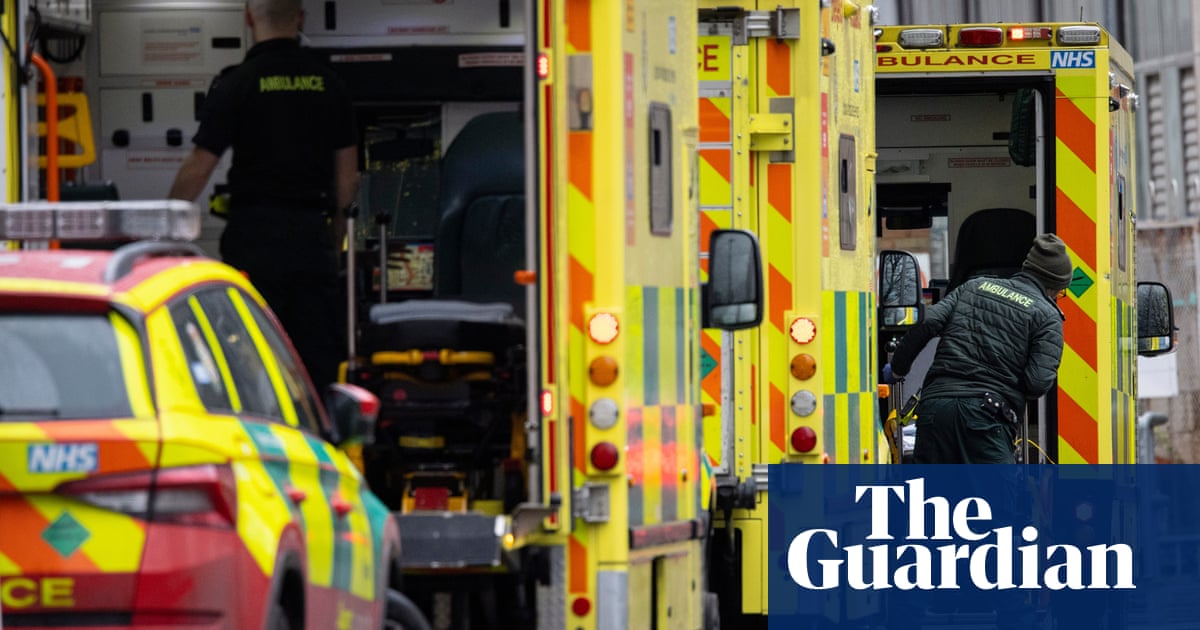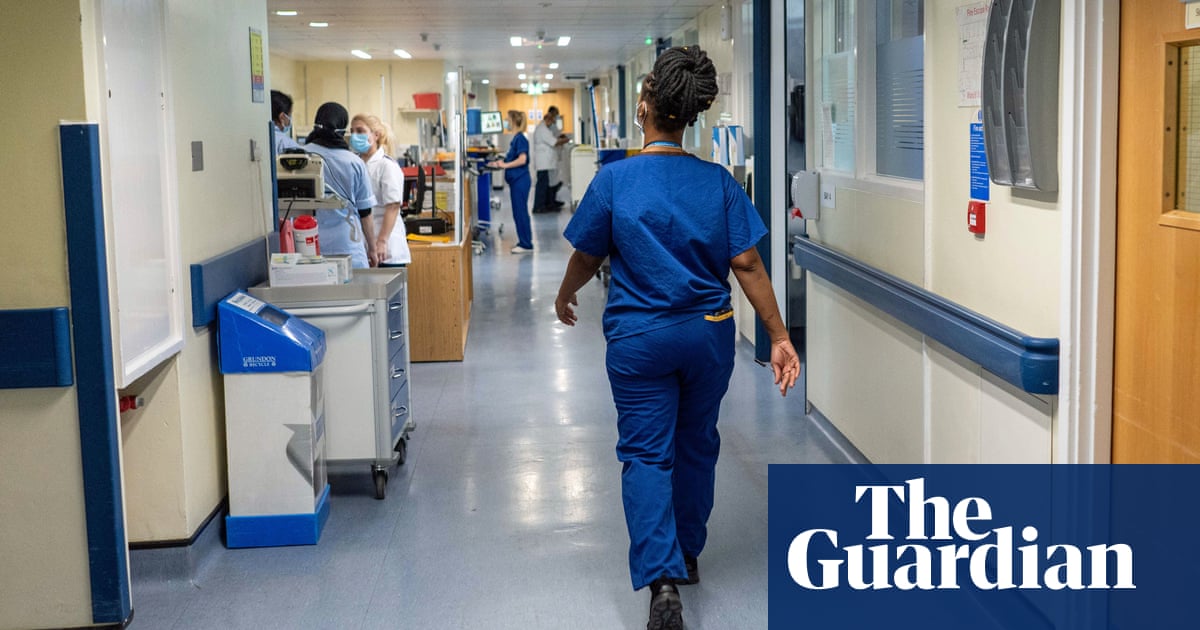
Longstanding under-investment in the NHS will hamper its ability to tackle the backlog of tests and required treatments that built up during the Covid-19 pandemic, research shows.
A new 31-country study found patients in the UK will face long waits for care and the rationing of treatment because the health service has so few staff and beds.
The research, by the Nuffield Trust health thinktank, found that the UK is near the bottom of the league table for health resources – staff, equipment and buildings – compared to a list of comparable countries. Staff shortages in particular will lead to patients facing long delays for care, it said.
Ministers have insisted since May that, after coping with the peak of the pandemic, “the NHS is open” and ready to provide its usual full range of services, such as A&E and cancer care. However, hospital bosses have warned that it will take up to four years to again provide diagnostic tests and surgery within usual waiting times.
“Covid-19 has tested the resilience of even the most well-prepared health systems. But the NHS’s relatively poor starting position when it comes to beds, staffing and spend on buildings and equipment is likely to make the path to recovery long and fraught,” said Sarah Reed, the report’s author, who is a senior fellow at the Nuffield Trust.
“Looking ahead this will mean longer waits for treatment, further rationing of care and the danger that health outcomes in the UK, which already lag behind many other similar countries, will worsen.”
Britain came 26th out of the 31 countries for the number of doctors per 1,000 people. It has just three medics for every thousand inhabitants, far behind Greece, which has five and a half. Turkey has the fewest, at 1.9.
Britain also comes 20th out of 31 for the number of nurses. It has 7.8 nurses per 1,000 people, compared to Norway (18) and Switzerland (17.6).
The country is ranked 29th for the number of hospital beds per 1,000 people – it has only has two and a half beds for that population – compared to the eight in Germany. The NHS’s high occupancy rate for acute care beds means the UK is 21st out of 23 on that score and also 22nd out of 30 for the proportion of GDP spent on equipment and buildings.
The 31 countries include Germany, France, Spain, Australia and the US.
Britain’s stark socio-economic and racial disparities, which have seen proportionately more poor and BAME people die of Covid-19, will also hinder the return to normal activity, the study found.
The report warns: “While driven by factors largely outside of the health system, these inequalities may well have significant implications for the recovery and sustainability of the NHS as they place avoidable demand on services and limit people’s chances of living a healthier life.”
Dr Layla McCay, director of international relations at the NHS Confederation which represents providers of NHS care, said: “The NHS’s position at the start of this pandemic was far from strong, given its significant staffing vacancies, insufficient capital funding and under-investment in public health, all of which make delivering healthcare services a challenge, even in normal times.
“The fact that the NHS has coped as well as it has so far is a testament to the efforts of those working across the system but this has come at a cost and its impact will be felt for a very long time.”
A Department of Health and Social Care spokesperson said: “The action we have taken ensured that the NHS was not overwhelmed, even at the virus’ peak, so everybody could get the best possible care. We are backing the NHS with a record cash funding boost of £33.9bn extra by 2023-24 and the largest hospital building programme in a generation – and the prime minister recently announced a further £3bn to relieve winter pressures on A&E and emergency care.”












